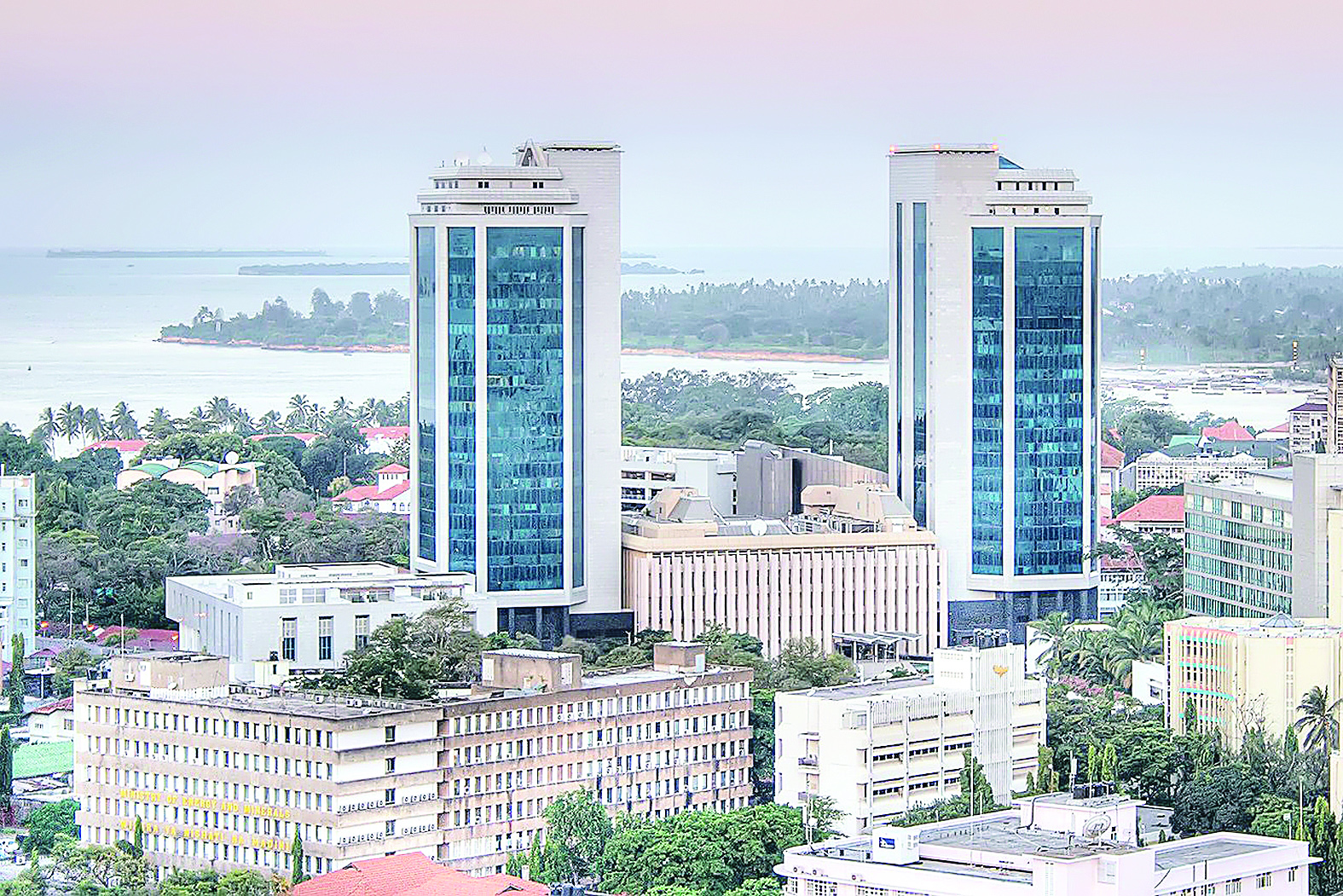When did healthy and natural Afro Hair become a poverty tag?

Karen Tappin of Brooklyn, USA, pictured during International Natural Hair Meetup Day in Boston. PHOTO | COURTESY
What you need to know:
- It is time to openly speak about the natural beauty of African women which does not appeal to pity, and which does not need to conform to any other people. Africans are different people who are richly and uniquely made. It is also important to teach children that they are beautiful the way they are and are not lacking anything. Their beauty does not need repairs or replacements.
One of the top controversies of our time is beauty. Some hard-to-crack questions include: What really is beauty? Are there universal qualifiers for beauty? Is beauty (inherent) in the object (generically) in question, or is it in the subject that beholds or appreciates it, as the old cliché suggests ‘beauty is in the eyes of the beholder’?
Practically, or we would say experientially also, the appreciation of beauty varies, and there is little or no room for predictable generic inclinations, except based on narrowed and defined cultural and traditional perspectives. As such, there would be a criterion, kind of a sketchy checklist of human beauty among people who would share physique features as well as cultural understanding.
The people beholding the beauty can also be classified based on age, gender, etc. As such, there will be a criterion for ‘what is beautiful’ among children, young people, adults, etc. and also invariably, among men and women. With the chain of appreciation not extending to infinity, the criteria for beauty come along with an understanding of what might not be appreciated as beautiful among people of certain cultures, ages, or genders.
In all traditions in the world, beauty is one of the most fundamental and ultimate values, alongside goodness, truth and justice. This is why before travelling to a place, one would inquire to understand what people consider beautiful so as not to offend them. For example, it is unconceivable to travel to communities where men plait hair and make a public disapproval of such a noble custom among them. Such a joke may not end well.
The entire societal playout revolves within the discernible precincts of these ultimate values. As such beauty is something to be discussed, it is something to learn about, it is something to give people a chance to speak out about and to ask questions.
We cannot speak about beauty for African women without a mention of Afro hair. There is a lot of stress about hair among African women. While many are confident the way they are; there is considerably a great external pressure to have hair that looks any other way aside from the natural. The question is “Why?” It is puzzling how the prejudice has spread so fast that wearing synthetic hair is something to be proud of compared to wearing natural hair.
It would have not been a problem if this was a choice, as one would choose to wear black shoes or brown ones, as one feels. But it is a lot different to that. It is a compulsion to fit into this narrative, which in words makes an impression like: “Afro hair is not good enough.” This is simply wrong. African ladies look incomparably stunning in natural hair.
Synthetic hair will hardly make an impression of natural hair. The highest it can achieve is to look like well-done or stunning synthetic hair. As such, if the motive is to look natural, then the perfectly straight or obviously unnatural curly hair does not achieve that purpose. The beholder may not say it, but it quickly rings into the mind an impression of worn hair. I overheard a child of African origin in the streets of Glasgow, Scotland, asking his mum, “Momma, are you going to wear your pretend hair again today?” Great fun.
It is understandable that globally fashion has a considerably higher influence on women as compared to men. While men may tend to have some generic tastes, most of which are very specific, for women details and variety matter a lot. But the troll for fashion should not drown the appreciation of the natural.
African women are at their best appearance in their natural hair and traditional plaits. African hair is an identity with its unquantifiable dignity. It is not a tag of poverty or inadequate femininity. The current inclination of hairstyles appears so westernised.
One of the problems can be the image we are made to conform with. Think of many beauty products companies making soap, perfumes, hair creams or oils, and other cosmetics and toiletries, the most prominent image on their adverts and products will be that of a Western woman or child. This, with time, has made people want to look like them as it is very widely published as the outcome of the use of such beautiful cosmetics and toiletries.
What can be done?
It is time to openly speak about the natural beauty of African women which does not appeal to pity, and which does not need to conform to any other people. Africans are different people who are richly and uniquely made. It is also important to teach children that they are beautiful the way they are and are not lacking anything. Their beauty does not need repairs or replacements.
The distorted image of the beauty of African women has gone a long way to make many women uncomfortable with their colour, making them bleach their skin for a fairer complexion. Many would spend so many days in the gym, slimming medications, or dieting themselves ruthlessly to lose weight to conform to the popular slim Western standards and models of beauty, despite black African female bodies not being made to be like that. These are problems that can be addressed by educating our people about our African identity.
I was saddened when a friend said she becomes a laughingstock among her female peers, despite them all being black and Tanzanians, when she plaits ‘mabutu’ or ‘twende kilioni’ hairstyles which are beautiful, simple and affordable. Many young women risk the unimaginable just to afford to look like Instagram princesses with expensive hair extensions. The use of such hair extensions or wigs is not bad at all, but it is a problem when it takes the place of the natural and becomes indispensable in the minds of those who wear them, thinking they cannot live comfortably without them.
Equally in local advertisements of beauty products, there is a need to consider the most inclusive features of the beauty of Tanzanian women in such a way that every woman will feel that such products are good for them. Days of using Western standards of beauty are gone. We can ease this stress by making the standards ourselves and helping women to live comfortably without regrets and high aspirations, desiring to be made in a different way than they are naturally.





